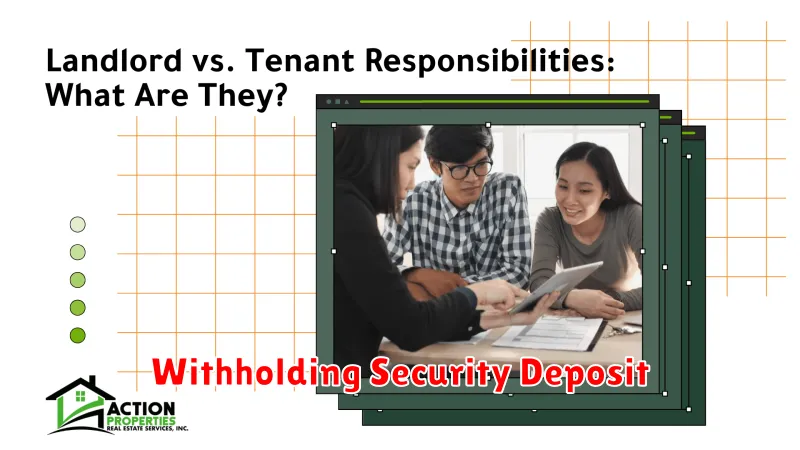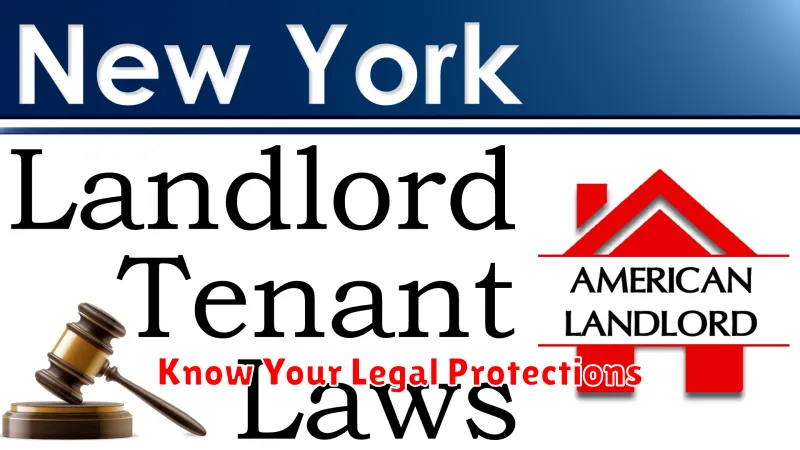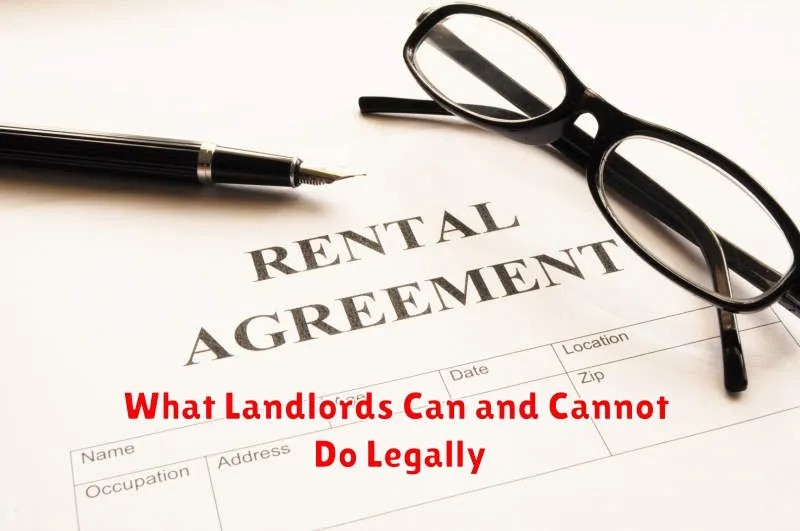Navigating the complex world of landlord-tenant law can be challenging for both landlords and tenants. Understanding your rights and responsibilities is crucial to avoiding legal disputes and maintaining a positive rental experience. This article will provide a comprehensive overview of what landlords can and cannot do legally, covering essential topics such as leases, security deposits, evictions, property maintenance, and tenant privacy. Whether you are a seasoned landlord or a first-time renter, knowing the legal boundaries is essential for a successful tenancy.
From fair housing laws and discrimination to permissible reasons for entry and required notices, we will delve into the key aspects of landlord-tenant law. This guide will empower landlords to manage their properties effectively within the legal framework and enable tenants to assert their rights confidently. Understanding the legalities surrounding rent increases, repairs, and lease terminations is vital for both parties involved. Join us as we explore the essential “dos and don’ts” for landlords, ensuring a compliant and harmonious landlord-tenant relationship.
Entry Without Notice
While landlords generally need to provide notice before entering a tenant’s property, there are some limited exceptions. These typically involve emergencies, such as a fire, flood, or other situation posing immediate danger to the property or occupants.
Other permissible entries without notice might include situations where the tenant has abandoned the property or if there is a court order permitting entry. Additionally, if a tenant consents to entry at a specific time, no formal notice is required.
It’s important to understand that laws regarding entry without notice vary by jurisdiction. Tenants and landlords should consult their local and state laws to understand their specific rights and obligations. Misunderstandings regarding entry can lead to legal disputes, so clarity and communication are crucial.
Changing Locks Illegally
Changing locks can be a complex issue regarding landlord-tenant law. Landlords generally cannot legally change the locks to prevent a tenant access to the property without proper legal process, even if rent is overdue. This is often considered a “self-help eviction,” which is illegal in most jurisdictions.
Specific circumstances where a landlord might be legally allowed to change locks often involve court orders granting possession back to the landlord, or immediate threats to safety or property that require securing the premises.
Penalties for illegal lockouts can be severe, including fines and being liable for the tenant’s expenses related to the lockout, such as hotel stays.
Raising Rent Without Notice
Raising rent without proper notice is generally illegal. Landlords must adhere to specific legal requirements regarding rent increases, which vary depending on the jurisdiction and the type of tenancy agreement.
Typically, landlords are required to provide written notice a specific period of time before a rent increase takes effect. This notice period can range from 30 to 60 days, or even longer in some areas, particularly for month-to-month tenancies.
Failing to provide adequate notice can allow tenants to legally challenge the rent increase and potentially face penalties. Tenants facing this situation should consult local tenant rights organizations or legal counsel.
Eviction Without Cause
In some jurisdictions, landlords are permitted to evict tenants without providing a specific reason. This is often referred to as a “no-fault” eviction. Understanding the laws surrounding no-fault evictions is crucial for both landlords and tenants. These laws often involve providing proper notice, typically 30 or 60 days, and may require the landlord to pay relocation assistance to the tenant.
State and local laws vary significantly regarding no-fault evictions. Some jurisdictions severely restrict or entirely prohibit such evictions, while others have more lenient regulations. It’s essential to research the specific laws in your area to understand your rights and obligations.
Withholding Security Deposit

Landlords can withhold portions or all of a security deposit for legitimate reasons, such as unpaid rent or damages exceeding normal wear and tear. Documentation is crucial. Landlords should provide an itemized list of deductions with corresponding repair or cleaning receipts. Normal wear and tear is acceptable and cannot be charged against the security deposit. This includes minor scuffs on walls or faded carpets due to age.
Illegal deductions include withholding for pre-existing damages or general property upgrades. Tenants have the right to dispute deductions they believe are unjustified. Specific regulations regarding security deposit returns vary by jurisdiction, including timelines and required documentation.
Shutting Off Utilities
A landlord generally cannot legally shut off a tenant’s utilities, even if the tenant is behind on rent. This is considered a self-help eviction, which is illegal in most jurisdictions. Utilities are considered essential services necessary for habitability.
Exceptions to this rule may exist in specific situations, such as if a tenant poses a credible safety threat related to utility usage, or if there is a legitimate repair or maintenance issue that necessitates a temporary shut-off. However, proper notification and legal procedures must typically be followed even in these cases.
Discriminatory Behavior
Federal Fair Housing Act prohibits landlords from discriminating against tenants based on certain protected characteristics. These include race, color, national origin, religion, sex, familial status (presence of children), and disability.
This means landlords cannot refuse to rent to someone, charge them higher rent, offer different lease terms, or treat them differently in any way because of one of these characteristics. Landlords also cannot make statements that indicate a discriminatory preference.
Harassment based on these protected characteristics is also illegal. This includes creating a hostile housing environment.
Unreasonable Rules
While landlords have rights, they cannot impose rules deemed unreasonable or that violate fair housing laws. These rules often infringe on tenants’ reasonable use and enjoyment of the property.
Examples of potentially unreasonable rules include restrictions on guests, unreasonably strict quiet hours, prohibitions on common decorations, or demanding entry without proper notice (except in emergencies). Such rules can be challenged, and tenants should consult local tenant laws for specific guidelines.
Failure to Repair Issues
Landlords have a legal responsibility to maintain a habitable dwelling. This includes addressing necessary repairs in a timely manner. Failure to do so can have legal consequences.
What constitutes a “necessary repair” can vary by jurisdiction, but generally includes issues impacting health and safety, such as plumbing problems, heating system malfunctions, and structural damage. Tenants often have legal recourse if a landlord fails to address these concerns after proper notification.
This can involve formally requesting repairs in writing, and, if ignored, potentially withholding rent or pursuing legal action. Local tenant-landlord laws outline specific procedures and timelines for these actions.
Know Your Legal Protections

As a tenant, understanding your legal rights is crucial for a positive renting experience. Familiarize yourself with your local and state laws regarding landlord-tenant relationships. These laws govern various aspects of renting, including lease agreements, security deposits, repairs, and evictions.
Key protections often afforded to tenants include the right to a habitable dwelling, proper notice before entry, and protection against unfair rent increases or retaliatory actions by a landlord. Documentation is essential. Keep copies of your lease, rent receipts, and any communication with your landlord. If you believe your rights are being violated, contact your local housing authority or a tenant rights organization.

